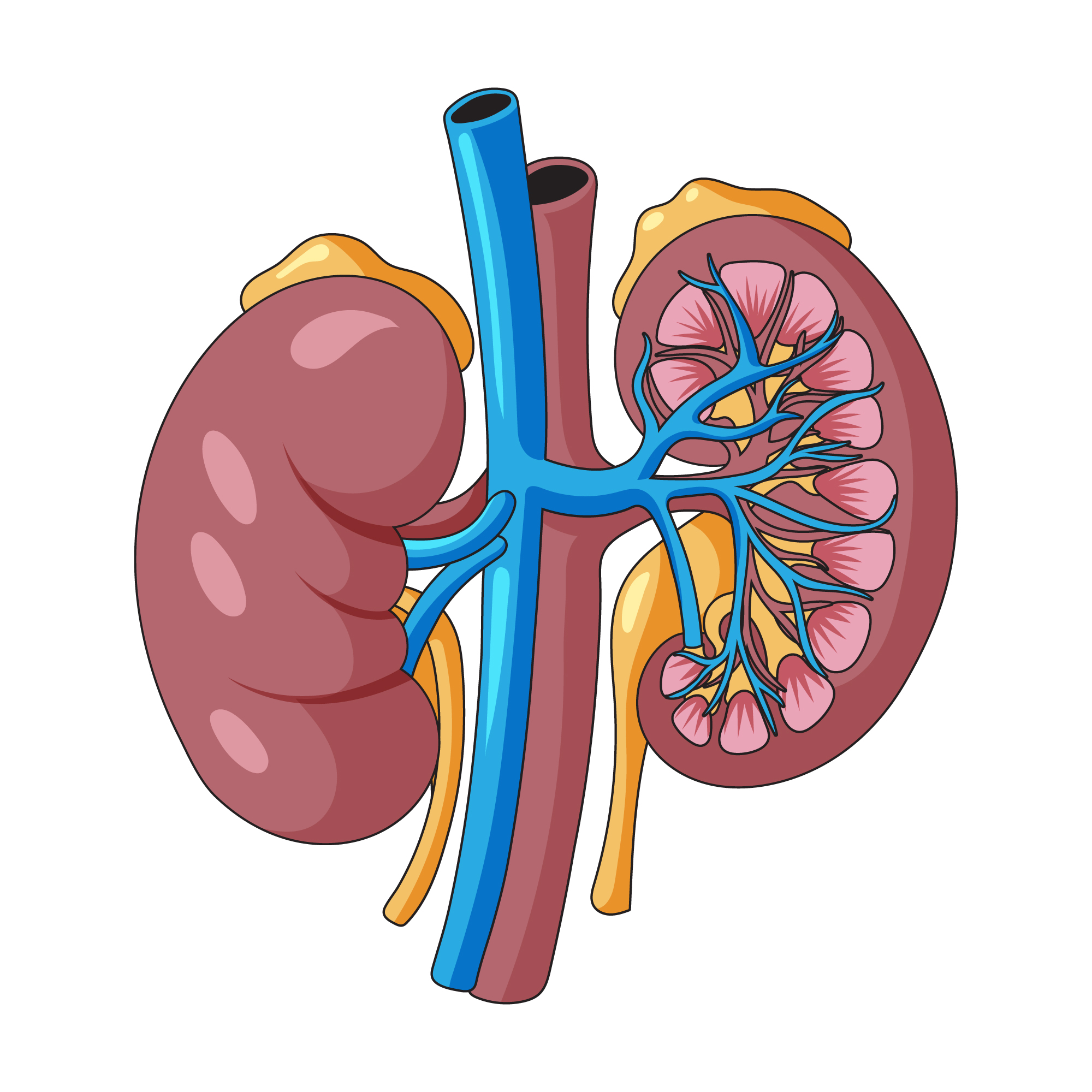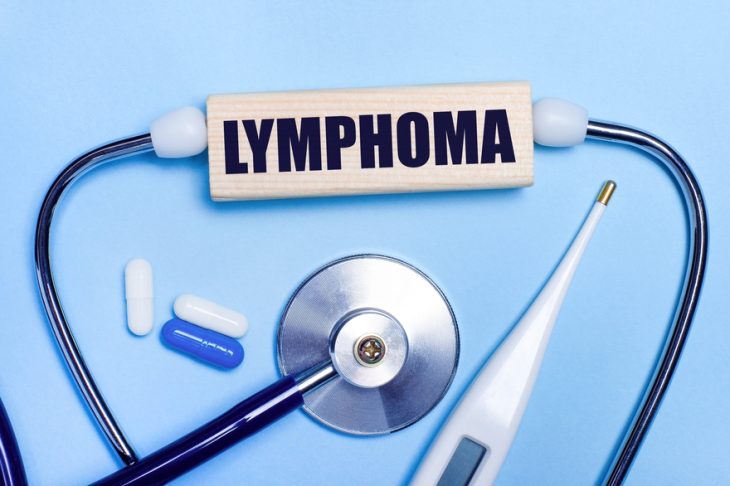
Adrenal Cancer: Staging, Symptoms, Diagnosis, Treatment
Adrenal cancer, also known as adrenocortical carcinoma (ACC), is a rare but aggressive cancer that originates in the cortex (outer layer) of the adrenal glands. Adrenal cancer refers to cancer that originates in the adrenal glands. The adrenal glands are small, triangular-shaped glands located on top of each kidney. They produce various hormones that regulate vital functions in the body. Here’s an overview:
Overview
- Incidence: Rare, affecting about 1-2 people per million each year.
- Age Groups: It can occur at any age but is most common in children under 5 and adults aged 40 to 50.
- Gender Predilection: Slightly more common in females than males.
Symptoms
Symptoms can vary based on the hormone production of the tumour:
- Functional Tumors (Hormone-producing):
- Cortisol Overproduction (Cushing’s Syndrome):
- Weight gain (central obesity)
- Muscle weakness
- Purple stretch marks (striae)
- High blood pressure
- Diabetes mellitus
- Aldosterone Overproduction (Conn’s Syndrome):
- High blood pressure
- Muscle cramps and weakness due to low potassium
- Androgens/Estrogens Overproduction:
- Masculinization or feminization effects
- In women, excess androgens may cause hirsutism, deepening of the voice, and irregular periods.
- In men, excess estrogens may lead to gynecomastia and decreased libido.
- Cortisol Overproduction (Cushing’s Syndrome):
- Non-Functional Tumors (Non-Hormone-producing):
- Abdominal pain
- Abdominal fullness or mass
- Weight loss
- Fatigue
Diagnosis
- Imaging:
- CT Scan/MRI: To identify the tumour’s size, location, and spread.
- PET Scan: To assess the extent of metastasis.
- Biochemical Tests:
- Blood and urine tests for hormone levels (cortisol, aldosterone, androgens, and estrogens).
- Biopsy: Rarely performed due to the risk of cancer spread.
Staging (Using TNM System)
- Stage I: Tumour <5 cm, confined to the adrenal gland.
- Stage II: Tumour >5 cm, confined to the adrenal gland.
- Stage III: Tumour spreads to nearby lymph nodes or organs.
- Stage IV: Tumour metastasised to distant organs.
Treatment
- Surgical:
- Adrenalectomy: Complete removal of the affected adrenal gland.
- Medical:
- Radiation Therapy:
- For localized control or palliation of symptoms.
- Hormonal Therapy:
- Post-surgical replacement therapy if hormone levels are affected.
Prognosis
- Survival Rate: Highly dependent on the stage at diagnosis.
- Localized Stage: 5-year survival rate of about 50-60%.
- Advanced Stage: Poor prognosis, with survival rates significantly lower.
Follow-Up
- Regular Monitoring: Essential due to the high recurrence rate.
- Imaging and biochemical testing every 3-6 months for the first 2-3 years.
Conclusion:
Adrenocortical carcinoma is a challenging condition due to its rarity and aggressive nature. Multidisciplinary care involving surgeons, oncologists, endocrinologists, and radiologists is crucial for optimal management.


